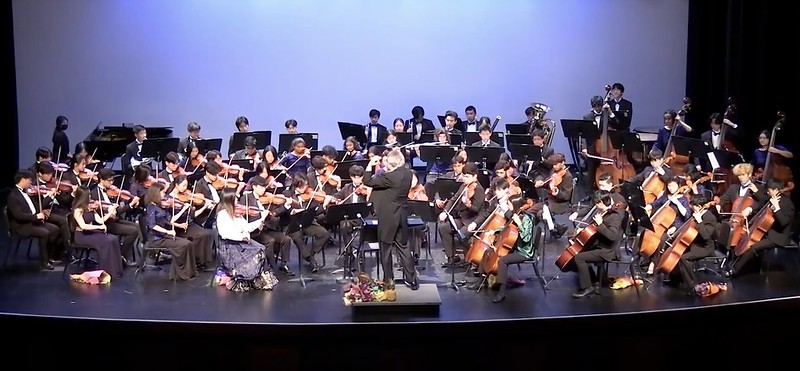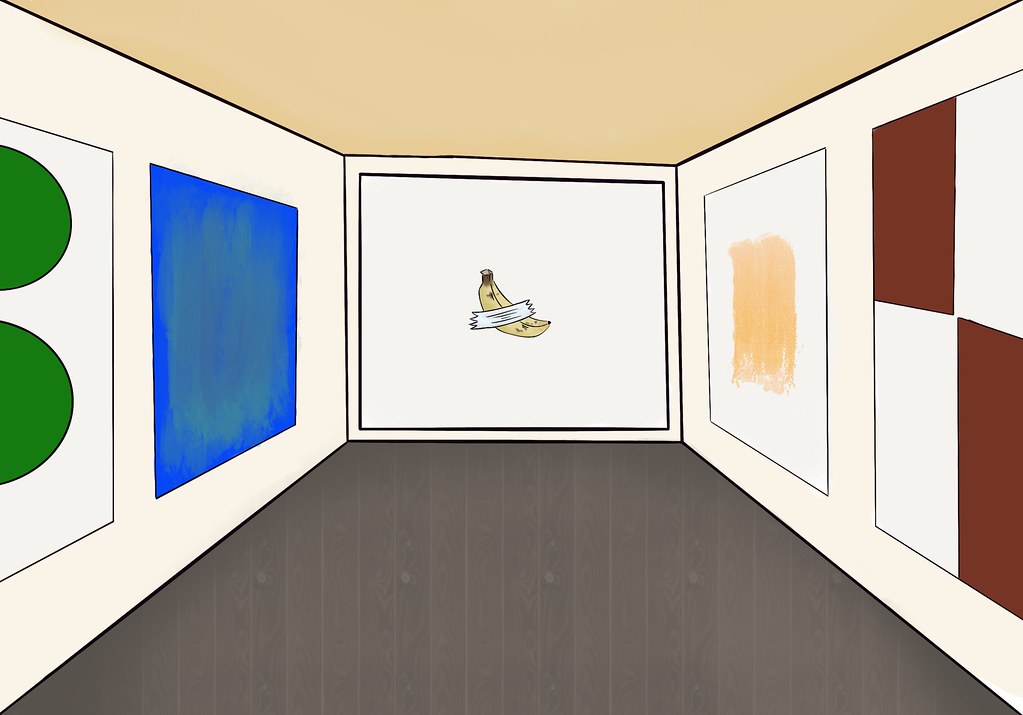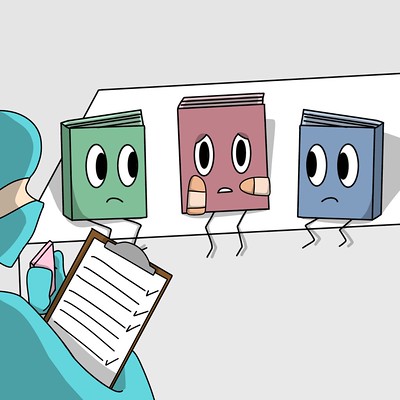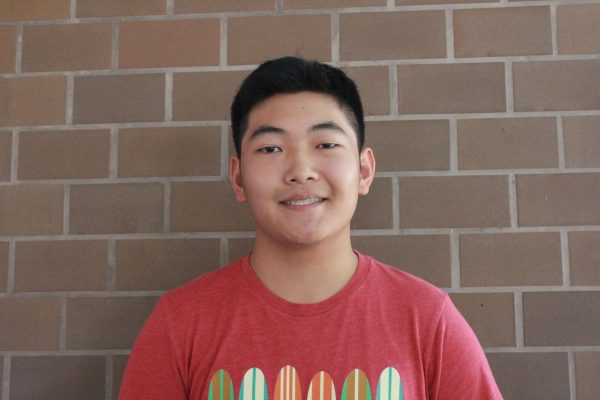After months of tireless preparation, the DVHS Chamber Orchestra delivered a remarkable Spring Concert on April 29, 2025, performing a diverse and technically challenging program consisting of 10 pieces. The evening was especially memorable for six graduating seniors who stepped into the spotlight to perform solos they had spent over a year preparing: Nicholas Ong, Henry Lai, Amanda Ha, Chloe Rong, Jacob Dagen and Nina Stadermann.
Ong, the first soloist of the night, sang “Night Light” by Laufey, a piece that he chose for its sentiment: “The piano part for this song is really beautiful, and the lyrics are about leaving home, graduating, and moving somewhere new. I just picked it because it feels very fitting, especially because I’m a senior.”
Ever since he entered orchestra in the seventh grade, it has become a sort of second home for him, which he adores for the joint effort that its members put into every endeavor. “Playing in an orchestra feels really good, especially like when you’re on stage performing with everyone. I’ve grown up with these people my entire life and I feel very comfortable with them, like there’s this general sense of camaraderie that I adore.”
In a similar vein, Lai selected the third movement of Dvořák’s “Cello Concerto, Op. 104” as his solo for its sentimental nature. “It represents victory, which I thought was perfect for the end of high school, since it’s like a well-earned win after a long battle.” The meaning of the piece fits Lai’s journey with it too: “I started practicing around a year ago, first playing pretty slowly but I’ve gotten a lot better, now spending about an hour every day of the week as the concert comes closer.”
“It’s a very nice community where I can socialize instead of having to worry about anything happening in my life,” he reflected. “I’ve always kept it in my academic schedule since it’s given me the time to do something different every day.”
Ha, who played a rearranged version of “Por Una Cabeza,” reflected on her long time spent with the piece, “I’ve been preparing for over a year… At first it was about learning, but now it’s more about holding onto it and making it feel natural.”
She described her practice routine as “scales, technique drills and pinpointing tricky sections.” Ha’s connection to music grew through YouTube videos as a child, and her years in orchestra transformed it into a place of community and belonging. “Now that we’re going on trips and bonding more, I’ve gotten to know the people behind the music. It’s not just a class. It’s a family.”
Dagen’s performance of “Viola Concerto, Op. 1,” composed by Carl Stamitz, was a display of precision and artistry. After cycling through several solo ideas over the years, Dagen settled on the Stamitz piece after another student performed one of his earlier choices. “I’ve been planning this since sophomore year,” he said. “I listen to tons of recordings for musicality ideas. Then, I isolate tricky spots and just hammer them over and over with every tool — metronome, tuner, slowing it down.”
As a longtime violist, Dagen credits orchestra for making him “more musical and a lot more social.” He further reminisced about a favorite memory, “[I’m] tied between the New York trip and playing in a chamber group with friends — those moments taught me to forget being nervous and just enjoy the music.”
Rong took on one of the most iconic pieces in the violin repertoire: Mendelssohn’s “Violin Concerto in E minor.” “It’s the one everyone thinks of when they think of violin,” she said, smiling. “I’ve been practicing this piece for over a year. It’s the more challenging of the two pieces I had in mind, but it’s also fun for the orchestra to accompany.”
Her practice strategy focuses on efficiency. “I didn’t have much time, so I practiced smarter, not harder. I troubleshoot specific problems instead of playing the piece straight through.” Rong, who began on piano but found her love for music in the violin, said her favorite memory this year was bonding with friends during a four-hour flight delay in New York. “We were all exhausted, but it showed how close we’ve become through orchestra.”
Stadermann, primarily a cellist, stunned the audience by performing the first movement of Rachmaninoff’s “Piano Concerto No. 2,” though it wasn’t her first pick for the piece she would play. “I was originally preparing a Chopin Concerto, but then I realized this might be the last time I play piano seriously, so I wanted something dramatic and emotionally raw.”
Her methodical practice included listening obsessively to recordings, breaking down the piece into sections and raising the tempo gradually. “I’ve probably played every single note thousands of times. And I always wash my hands before and after practicing. It’s my ritual.”
Despite three attempts to quit orchestra throughout high school, fate (and a scheduling error) kept her in. “I’m glad it did,” Stadermann remarked. “The community here is unmatched. Everyone has a role, kind of like an ecosystem.” One of her most vivid memories was performing Dvořák’s “New World Symphony” in her sophomore year. “It felt like an anime battle. Everyone’s straining, giving their all using the power of friendship to defeat the villain. That’s what it felt like.”




![The live-action remake of “Lilo & Stitch” releases this summer.
(Lilo & Stitch [2025] Movie Poster. Disney, 2025.)](https://thewildcattribune.com/wp-content/uploads/2025/05/54501811972_44e1b43708_c.jpg)



